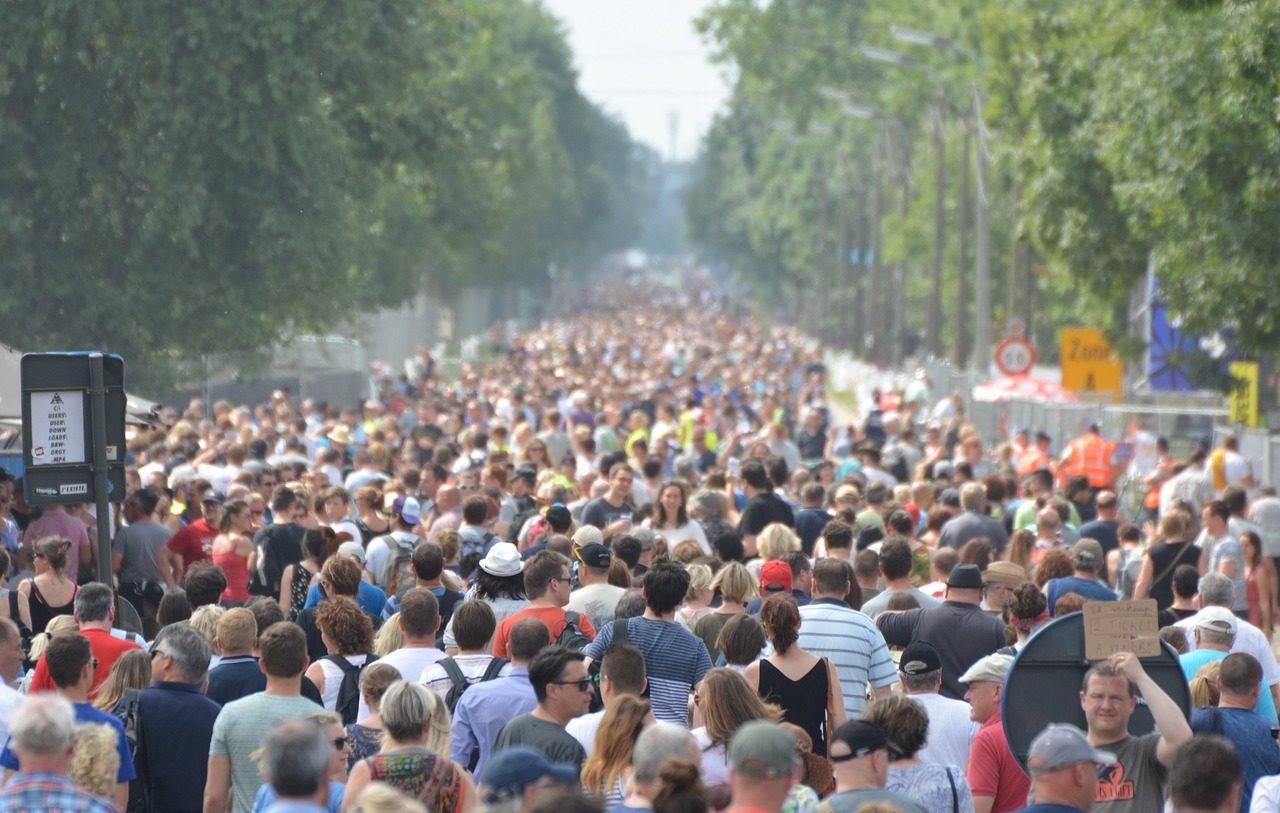
Historical memory is built in streets and squares.
Historical memory is a concept that is used in the field of historiography to refer to the initiatives developed by a community or a social group with the purpose of knowing, disseminating and valuing its past . This effort contributes to the construction and strengthening of identity and provides resources to understand the present and project the future.
It can be said that historical memory arises from collective memory . Through it, a certain symbolic value is given to events that took place decades or centuries ago.
What historical memory does is rescue certain past events, linking them to the present through the evolution of history and generating a sense of belonging in today's generations. In this way a continuity is established that links the past and the present.
Characteristics of historical memory
Historical memory is built through community participation . It transcends the academic interpretation of history, offering a story that may or may not coincide with the official one.
The past to which historical memory alludes may contain fictitious or idealized components . Its development has a purpose: that is, it is not limited to the recording of facts. Unlike history (or, at least, the formal objective of said discipline), it is selective and partial.
While history is analyzed and disseminated by professionals (historians) in libraries, national archives, museums, academies and educational establishments, historical memory is based on citizen intervention . Although it can be captured materially in monuments and documentaries, its strength is intangible heritage: oral testimonies, public commemorations of anniversaries, etc.
In historical memory there are usually founding myths , national heroes and historical villains . This collectively reconstructed – and often manipulated – past can drive everything from resistance actions to revolutions and independence movements.

Forgetting and denialism are fought with historical memory.
Response to invisibility
The development of historical memory is usually taken as a way to reverse the invisibility of certain events and even social groups . Although historical revisionism exists, it is often said that history is written by "those who win." Historical memory is associated with activism that aims to eliminate stereotypes and restore prominence to those who were eliminated from the dominant vision, endorsed by academia and the State.
Workers, politically persecuted people, indigenous communities, ethnic minorities and women, for example, generally do not occupy a leading role in the great stories of history. Those who promote historical memory seek to include them in the narrative of the past and show their contributions to collective identity .
In this context, historical memory is particularly important in countries that suffered dictatorships . Totalitarian governments usually try to build a new cultural and social identity based on their interests and needs, eliminating (either physically and/or symbolically) those who oppose their designs. The fall of regimes of this type and the recovery of democracy makes it possible to give survivors a voice, establish memory sites and make other reparations. It must be considered that knowing the past is the only possible way to avoid repeating it and so that those responsible for genocides and other atrocities are held accountable for their actions.

Historical memory can do without academic research.
Importance of historical memory
As we have already pointed out, historical memory is important so that current generations become aware of events from the past that remained hidden or were narrated only according to the perspective of the powerful. Simultaneously, this process of collective reconstruction of history helps forge and strengthen the identity of a people and can motivate political decisions and actions.
Take the case of Argentina . The civil-military dictatorship that devastated the nation between 1976 and 1983 based much of its actions on clandestine actions. There are no state records of the kidnapping, shooting and subsequent disappearance of the bodies of thousands of people, nor are there official documents that account for the theft of babies with the suppression of the identity of the descendants of the disappeared. This secrecy, added to the desire to eliminate the thoughts and work product of the opponents, made working on historical memory essential with the recovery of democracy.
In this framework, human rights associations committed - even during the times of the dictatorship - to recovering the memory of the victims and reporting the crimes of the de facto rulers and their accomplices. Thanks to historical memory, the Grandmothers of Plaza de Mayo managed to recover more than 130 grandchildren, to whom they restored their true identity. These are people who were born in captivity and were given up for adoption, hiding their reality from them. Historical memory in Argentina also made it possible to identify and mark spaces that functioned as clandestine detention centers.
If we think about the United States , on the other hand, various civil movements contributed to historical memory to highlight how racism and slavery shaped the physiognomy and structure of the country, often without any type of recognition to the victims or their descendants who They still suffer the consequences.
